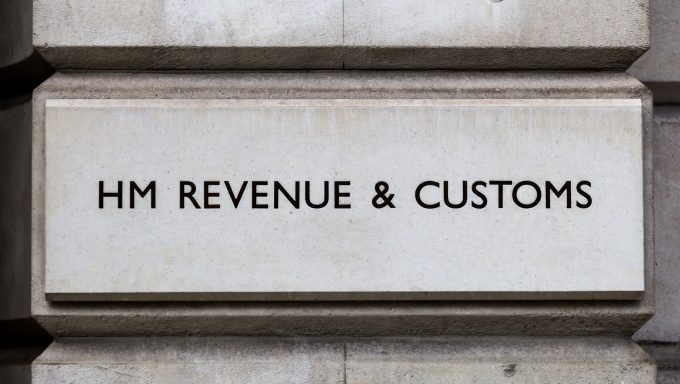
© Mike Clegg
Brokers have responded with mockery to HMRC’s Advanced Ruling Valuation System (AVRS), which the tax authority claims will “make it easier to import goods”.
Launched today, AVRS essentially exists to validate traders’ chosen customs valuation method and, once having confirmed its “legal certainty”, serves as a legally binding agreement that the method can be used for a three-year period to calculate duty and VAT for imports.
Director of customs policy and strategy at HMRC Aidan Reilly said: “AVRS will make a real difference to UK importers by stripping away uncertainty and paperwork.
“The new service legally guarantees the trader’s valuation method is correct, making it quicker and easier to manage customs. It will complement our tariff and origin services to give traders real certainty on the cost of their importing goods, making it easier to budget.”
AVRS continues HMRC’s pursuit of more digitalised customs processes, which described it as part of the government “vision to deliver a modern, digital customs service”.
While not mandatory for importers, AVRS is being touted for its provision of legally binding decisions on advance tariff rulings, advance origin rulings, binding tariff rulings, and binding origin rulings – but brokers have pushed back against its value.
One broker told The Loadstar: “The introduction of this new service ranks as very high on the pointless scale.”
Brokers told The Loadstar there is “very little use” to be derived from rulings on origins or valuations – one noting that a valuation would not be needed by “most importers” – because the only time the calculation used becomes an issue is when they are a “knife edge” decision.
“As complex cases are the most likely to change, a ruling would have limited application – it could only ever be based on one particular transaction at one point in time,” said one broker.
“So, even if you had a complex valuation position, where it might be useful, any change to that would potentially invalidate the calculation. I really don’t see myself ever completing one for a client.”
Asked if there was any benefit to be derived from the scheme, the broker said that “the best that can be said of it” was that it reminded traders to keep import processes front and centre.
It continues the mounting criticism over an absence of knowledge within government when it comes to understanding how trade flows work, and an “obsession” with prioritising digitised processes over workable ones.




